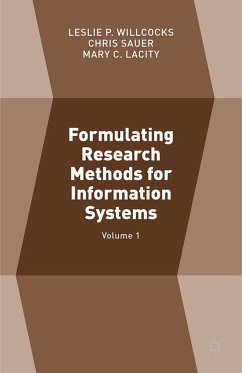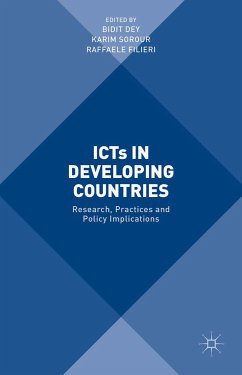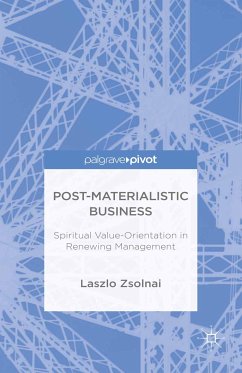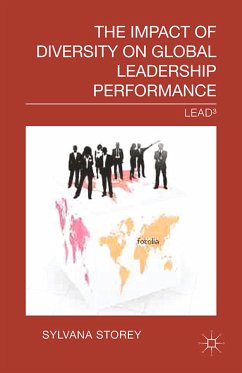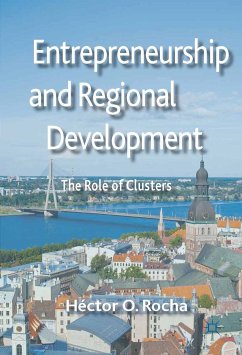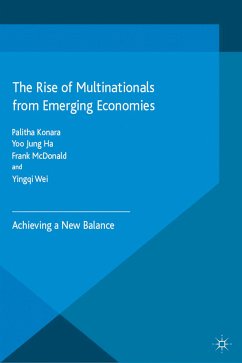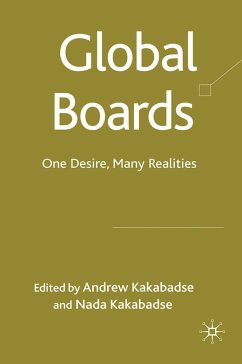Leslie P. Willcocks has an international reputation for his work on global management, outsourcing, e-business, information management, IT evaluation, strategic IT and organizational change. He is Professor in Technology Work and Globalization at the Department of Management at London School of Economics and Political Science. He also heads the LSE's Outsourcing Unit research centre. He has been for the last 22 years Editor-in-Chief of the Journal of Information Technology. He is co-author of 39 books including in the Technology Work and Globalisation Series Advanced Outsourcing (2012) and has published over 230 refereed papers in journals such as Harvard Business Review, Sloan Management Review, California Management Review, MIS Quarterly and MISQ Executive. Mary Lacity is Curators' Professor of Information Systems and an International Business Fellow at the University of Missouri-St. Louis. She is also a Certified Outsourcing Professional ®, Co-Chair of the IAOP Midwest Chapter, Industry Advisor for the Outsourcing Angels, Associate Researcher at The Outsourcing Unit, London School of Economics, Co-editor of the Palgrave Series: Work, Technology, and Globalization, and on the Editorial Boards for Journal of Information Technology, MIS Quarterly Executive, Journal of Strategic Information Systems, and Strategic Outsourcing: An International Journal. Her research focuses on global outsourcing of business and IT services. She was the recipient of the 2008 Gateway to Innovation Award sponsored by the IT Coalition, Society for Information Management, and St. Louis RCGA and the 2000 World Outsourcing Achievement Award sponsored by PricewaterhouseCoopers and Michael Corbett and Associates. Chris Sauer is Senior Tutor of Green Templeton College, University of Oxford, with responsibility for the College's oversight of student academic progress. He is currently an Associate Fellow of the Said Business School where from 1999-2010 he was a Fellow in Information Management. Prior to coming to Oxford, Chris acted as Deputy-Director of the Fujitsu Centre for Managing IT in Organisations at the Australian Graduate School of Management in Sydney. In his early career, he worked as an IT professional designing, building and implementing large IT systems. His research focuses on performance-related aspects of the management of IT-enabled business change projects, and has been widely published in journals and books. Chris is Editor-in-Chief of the Journal of Information Technology and a member of the Editorial Board of the Information Systems Journal.
